
Diet’s Effect on 500,000 British Brains
Our change in diet has been proposed as being the underlying reason for the dramatic increase in the prevalence of Type II diabetes that we are observing worldwide in our time. What’s that doing to our brains?

Our change in diet has been proposed as being the underlying reason for the dramatic increase in the prevalence of Type II diabetes that we are observing worldwide in our time. What’s that doing to our brains?
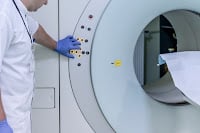
Spend time with Alzheimer’s patients and you quickly learn, “If you met one person with Alzheimer’s, you met one person with Alzheimer’s.” Each patient’s journey is unique. Researchers have uncovered one reason why: Memories are like fingerprints. Learn how the brain creates “memory fingerprints” and how this may lead to new, better Alzheimer’s treatments.

Immune cells work to remove toxic compounds that build up in the brain, including amyloid beta plaques associated with Alzheimer’s, according to a mouse study funded by the National Institutes of Health.

What if prevention of Alzheimer’s were as simple as controlling your breathing? Researchers at the University of California are exploring this question.

Harvard’s Dr. Rudolph Tanzi is edging Alzheimer’s research forward with a string of breakthroughs. He’s one of today’s most talked-about Alzheimer’s researchers. Watch Rudy Tanzi talk about the inspiration for his life’s work.
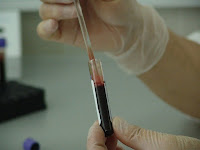
An Alzheimer’s blood test that works before symptoms appear can clear up doubts about memory problems. It can tell the difference between subjective memory problems, such as normal side-effects of aging, versus warning signs of Alzheimer’s.
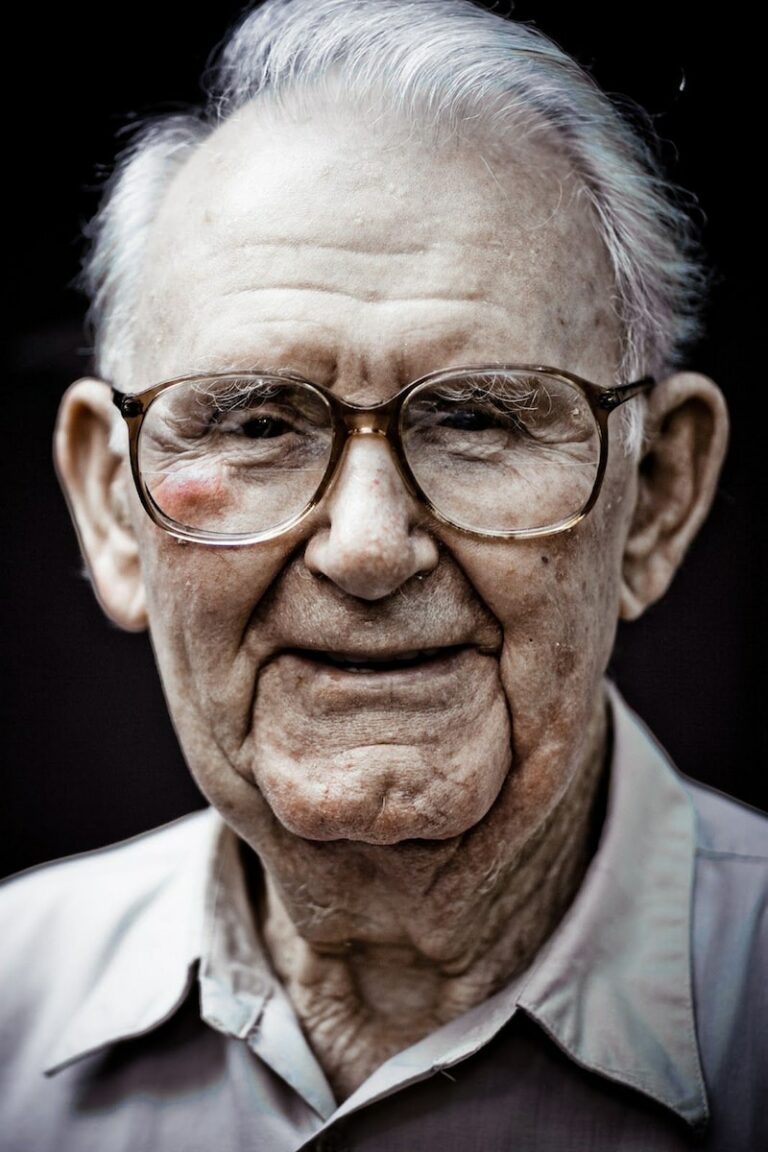
About 1.8% of U.S. dementia cases were associated with visual impairment, according to federally-funded research
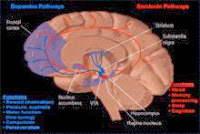
Doctors routinely diagnose and track dementia. “Neuropsychological tests” are non-invasive, using interviews or paper/pen tests. More invasive diagnostics include powerful MRI and PET scans.
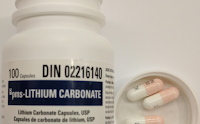
A study at McGill University shows that lithium given in micro doses may be capable of both halting signs of advanced Alzheimer’s pathology and recovering lost cognitive abilities.
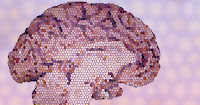
Some Alzheimer’s tests cost thousands of dollars, some cost pennies. The trick is using the right tests at the right time for the right person. An excellent scoring system from Mayo Clinic offers a powerful tool for making the best choices.

Looking for the best digital photo frame for a loved one with dementia? Many frames claim to be senior-friendly. We explore the Pix-Star series, rated best for its combination of features and value for the money.

Kindness does not leave you when you give it away,
But in fact grows more abundant within your life.

Rosemary naturally works like Aricept® (generic: donepezil), treating Alzheimer’s by blocking AChE. Learn about rosemary’s dementia-fighting benefits from Dr. J. Duke.

SHORT-TERM MEMORY lapses are obvious signs of Alzheimer’s, but other tell-tale signals begin to show much earlier. Learn how to look for semantic impairments, such as simple questions about size.

Three important dementia studies focus on HS-AGING, a type of dementia almost as common as Alzheimer’s in the 85+ group. Yet few people have heard of it. Why? What makes it different?

An intriguing study of 120 grandmothers might surprise you. Doctors know socially engaged people have better cognition and less dementia. But can a person get too much of a good thing? What’s the right balance?

Enjoy this great duet between a musician with dementia and his son. A triumph of spirit over Alzheimer’s! Sing-a-long if you like!
No spam, only news and updates.



This site was inspired by my Mom’s autoimmune dementia.
It is a place where we separate out the wheat from the chafe, the important articles & videos from each week’s river of news. Google gets a new post on Alzheimer’s or dementia every 7 minutes. That can overwhelm anyone looking for help. This site filters out, focuses on and offers only the best information. It has helped hundreds of thousands of people since it debuted in 2007. Thanks to our many subscribers for your supportive feedback.
The site is dedicated to all those preserving the dignity of the community of people living with dementia.
Peter Berger, Editor